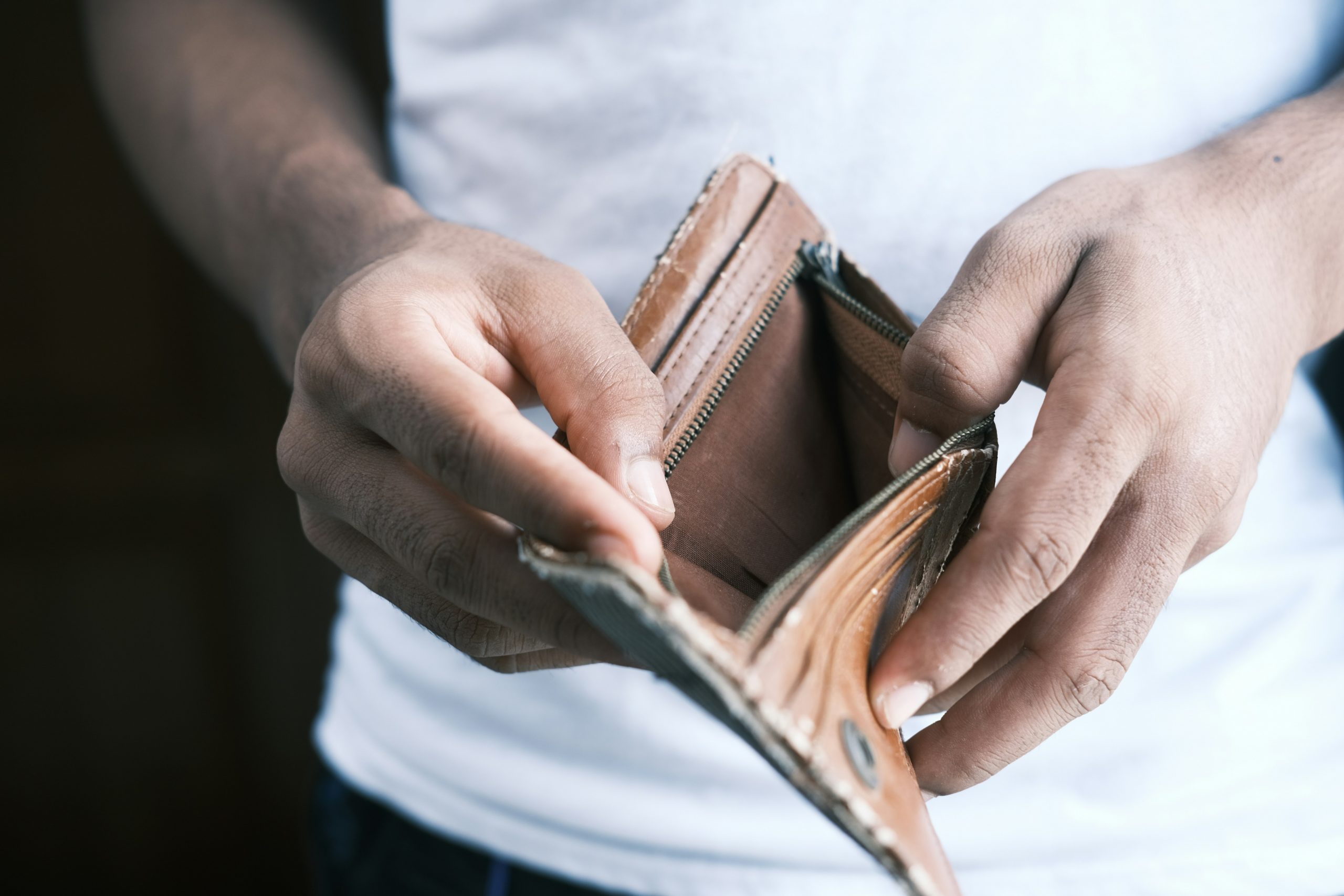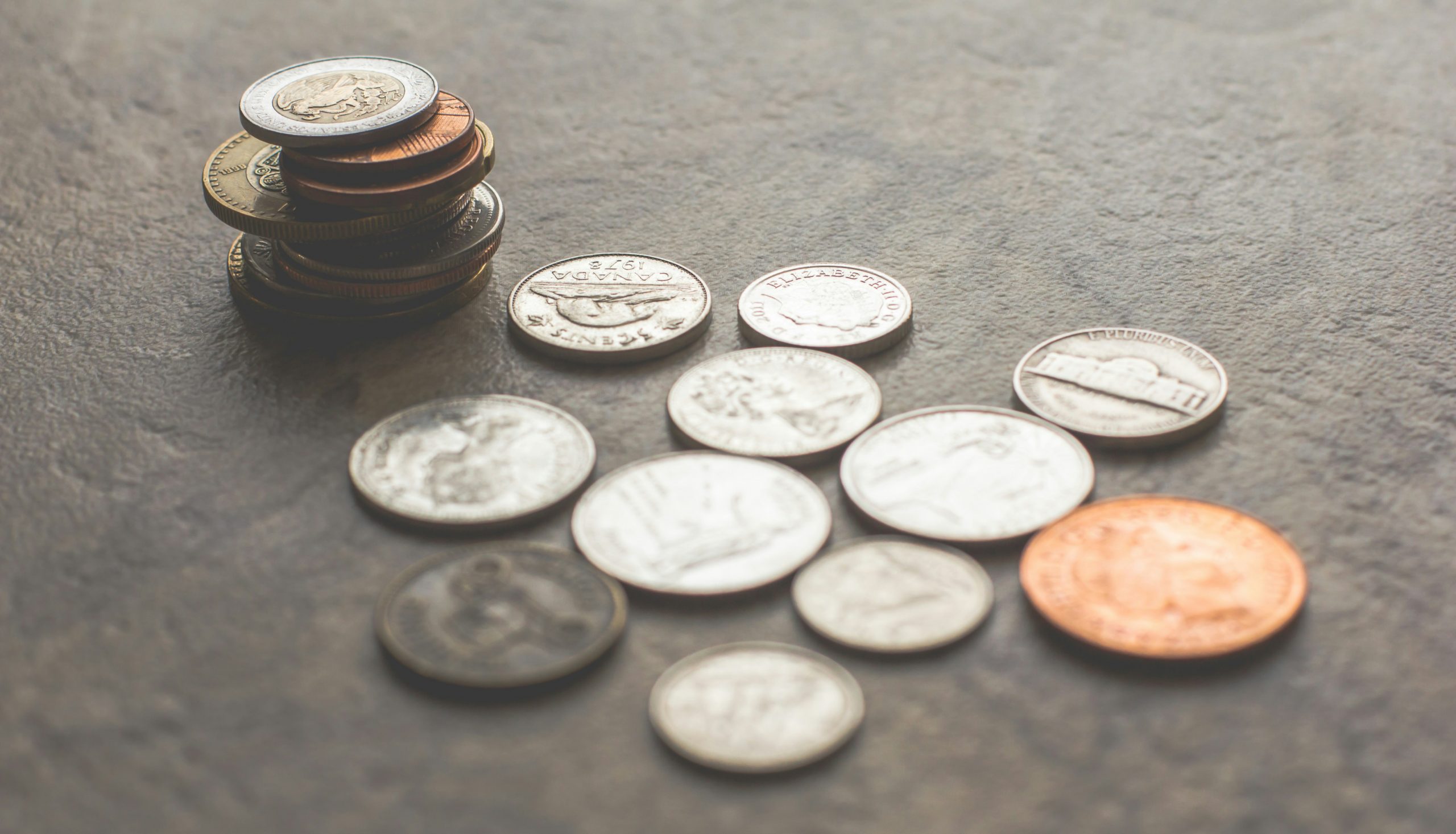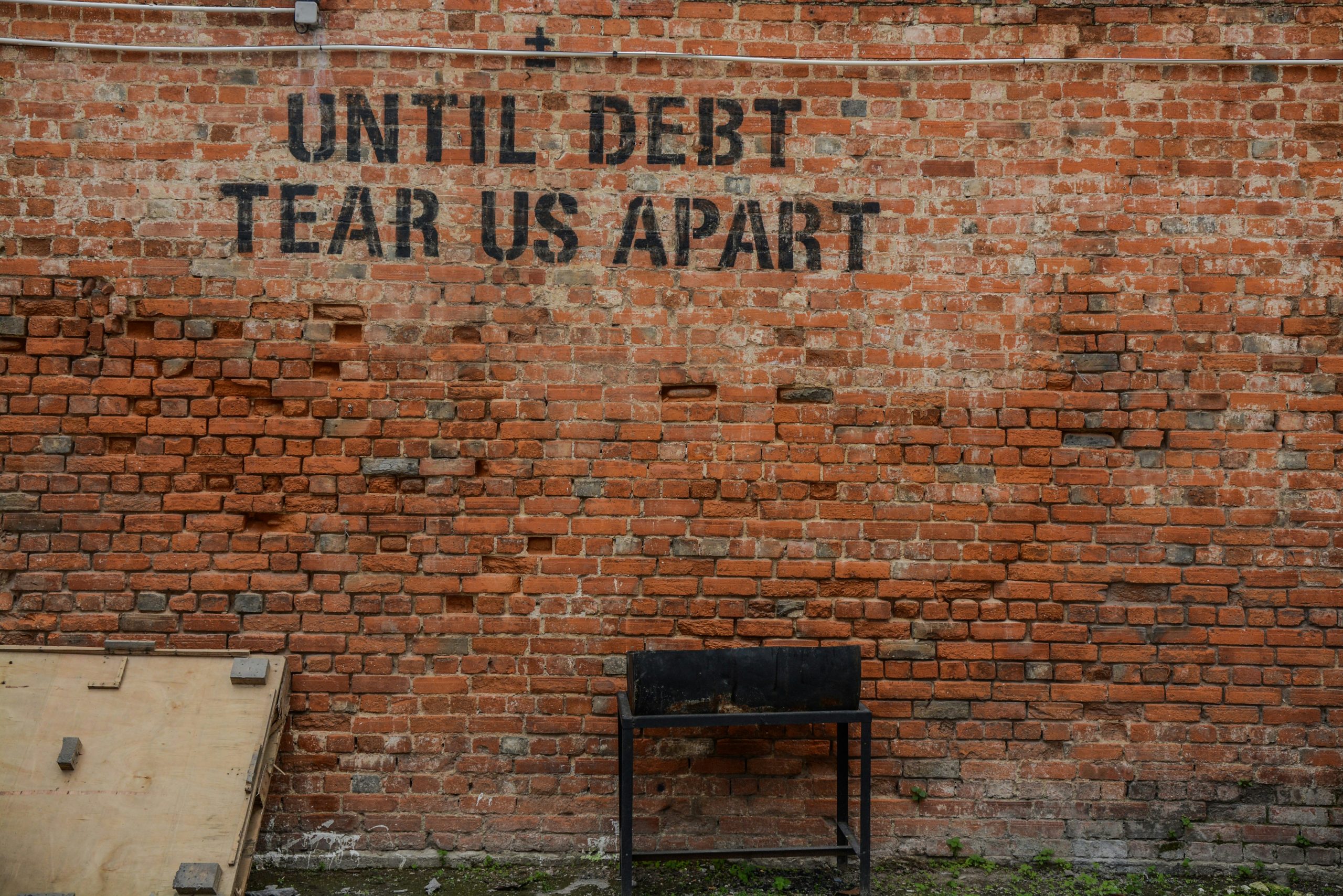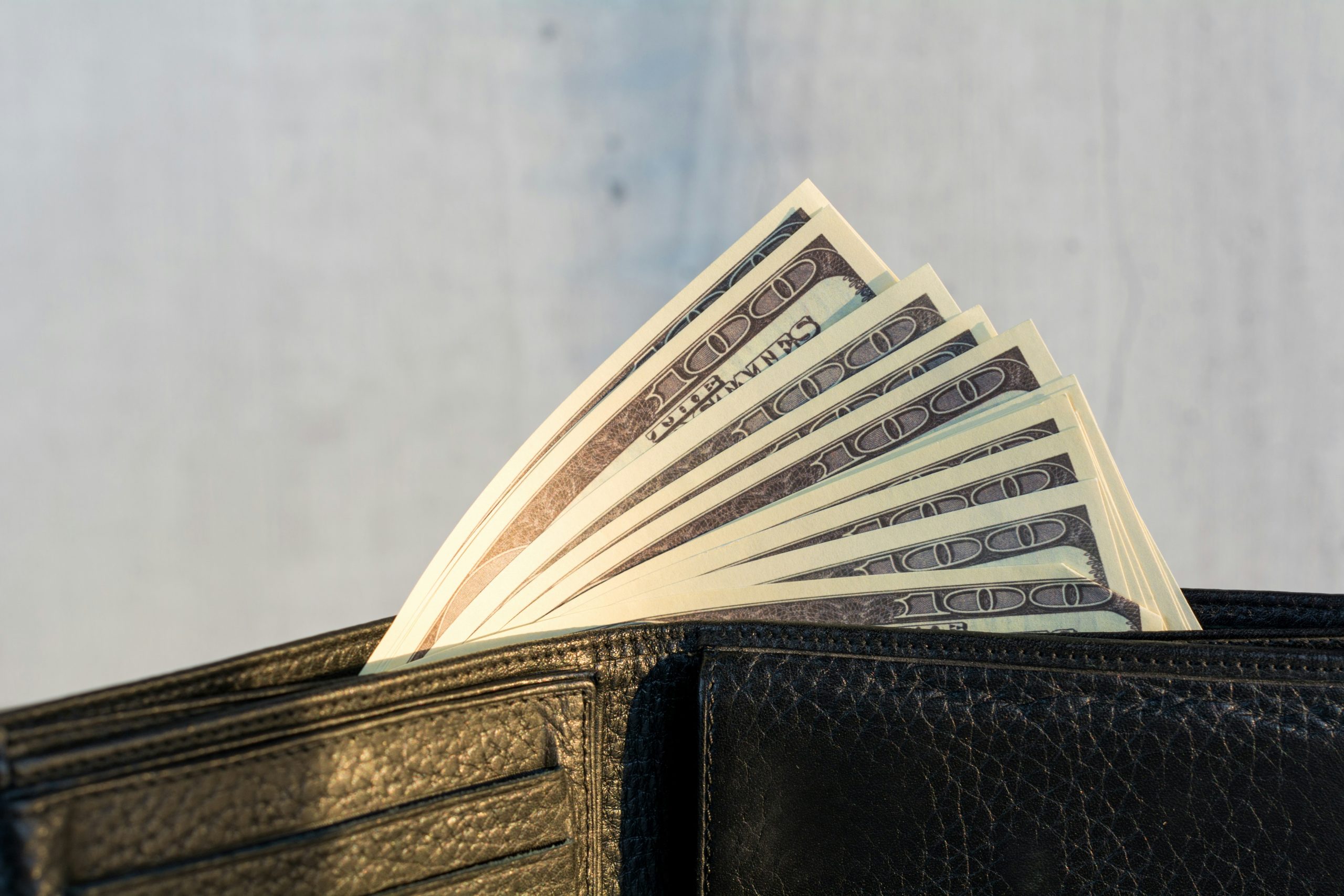
So, you’ve declared bankruptcy. Oof. It’s like the financial equivalent of accidentally sending a text meant for your best friend to your boss. Awkward, but not the end of the world! Now that you’ve hit the big ol’ reset button on your finances, it’s time to channel your inner Phoenix and rise from the ashes of your credit score. Here’s a guide—served with a side of humor—to help you get back on track without losing your marbles.
- Have a Good Cry, Then Get Over It
Let’s be real: bankruptcy feels like getting dumped by your wallet. It’s okay to sulk for a bit. But once you’ve finished that tub of ice cream (no judgment), it’s time to move on. Accept what happened, learn from it, and start planning your comeback. After all, even superheroes have origin stories filled with failure.
- Create a Budget (And Try Not to Fall Asleep)
Budgets are about as exciting as watching paint dry, but they’re necessary. Think of your budget as a financial diet plan—except this one actually works. List out your income and expenses, then cut out the “financial junk food.” Sorry, daily lattes, you’re on the chopping block! The goal is to spend less than you earn. Yes, it’s boring, but so is bankruptcy court, and you don’t want a repeat performance.
- Build an Emergency Fund (Because Life Is Full of Surprises)
If there’s one thing we’ve all learned, it’s that life loves throwing curveballs—usually when you least expect it. Start socking away some cash for those “just in case” moments. Start small, like the coins you find in the couch cushions, and work your way up to a full-fledged emergency fund. Trust me, your future self will thank you when your car decides to become an expensive paperweight.

- Rebuild Your Credit (No, It’s Not a Lost Cause)
Ah, your credit score—the report card of adulthood. After bankruptcy, it’s probably looking like a bad test result. But don’t panic! Start by getting a secured credit card, which is basically like training wheels for your credit score. Use it responsibly (that means no splurging on things you don’t need), and pay it off every month. Slowly but surely, you’ll see that score inch its way back up, like a cat cautiously emerging from under the couch after the vacuum stops.
- Pay Your Bills on Time (Or Face the Wrath of Late Fees)
Late fees are the financial world’s equivalent of getting detention. To avoid them, make sure you pay your bills on time. Set reminders, use automatic payments, or train a carrier pigeon—whatever it takes to ensure your bills are paid before the due date. Remember, paying on time not only keeps the lights on but also helps rebuild that all-important credit score.
- Avoid High-Interest Debt Like It’s the Plague
High-interest debt is like that sketchy ex who keeps trying to slide back into your life—it’s tempting but always ends badly. Avoid payday loans and high-interest credit cards like they’re cursed, because in a way, they are. Stick to using credit only when absolutely necessary, and pay off your balance ASAP. Your wallet will thank you.

- Consult the Experts (Because Google Isn’t Always Right)
Sometimes, you need to call in the pros. Financial advisors can help you plot your course to recovery, and they usually know more than the first page of search results. Look for a fee-only advisor, so you know they’re not just trying to sell you something. Think of them as your financial Yoda, guiding you on the path to fiscal Jedi-hood.
- Consider Debt Counseling (It’s Like Therapy for Your Wallet)
Debt counseling is basically therapy for your wallet, without the comfy couch. A counselor can help you develop strategies to manage your money better, avoid future pitfalls, and maybe even get you a discount on your metaphorical therapy bills. Plus, they can offer moral support, which we could all use after a financial disaster.
- Celebrate Small Wins (With Something Cheap, Obviously)
As you claw your way back to financial stability, don’t forget to celebrate the little victories. Paid a bill on time? High five! Increased your credit score by a point? Do a happy dance! Just make sure your celebrations don’t undo your progress—stick to cheap thrills like a Netflix binge or a DIY spa day.

- Plan for the Future (Because It’s Coming Whether You Like It or Not)
Now that you’re back on track, it’s time to start dreaming big again. Want to buy a house? Travel the world? Retire in style? Start planning now. Set realistic goals and take small steps toward them. Sure, it’ll take time, but you’ve already survived bankruptcy. You can handle a little patience.
Conclusion
Bankruptcy might feel like the end of the world, but it’s really just the beginning of your financial reboot. With a bit of humor, a lot of determination, and maybe a few less lattes, you’ll be back on solid ground in no time. Remember, even financial superheroes had to start somewhere—now it’s your turn to save the day (or at least your bank account).


 Facebook
Facebook
 X
X
 Pinterest
Pinterest
 Copy Link
Copy Link
